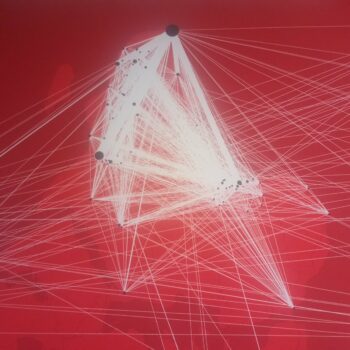Young and Online in African Cities: tech based activations for just and sustainable urban development
According to the UN’s report “The Power of 18 billion”: ‘[n]ever before have there been so many young people. Never again is there likely to be such potential for economic and social progress. How we meet the needs and aspirations of young people will define our common future’ (UNFPA, 2014, p. i). Youth in African cities are connected and tech savvy in unprecedented ways and young people are envisioning futures for the continent in ways that are not always rendered visible for decision-makers in development contexts. These overlooked perspectives bring knowledge and skills that will become crucial for future progress in cities. In order to leverage youth-led and youth-centric development, Young and online in African Cities brings together the unique skills, networks, and knowledge bases of the African Centre for Cities and UNITAC, a partnership between the United Nations Human Settlements Programme (UN-Habitat), the United Nations Office for Information and Communication Technology (UN OICT), and the CityScienceLab @HafenCity University in Hamburg (CSL). UNITAC and ACC have teamed up to develop an initiative called The Urban Academy and this project is one of its core activities. In this 3-year applied and action-oriented project we aim to tackle inequality through exploring the relationship between youth, technology, work, citizenship, and sustainable and just placemaking.
Young and Online in African Cities intends to co-produce locally relevant and responsive research in the pursuit of sustainability and justice through the following: 1) produce a grounded evidence base for action and experimentation through a process of surfacing existing information on technologies, hubs and platforms that explicitly intersect with youth and engaging in transformative work in African cities. 2) developing a typology from this rich data set and amplifying initiatives through 6-8 cases that provide grounded practice and policy insights, and thus connecting the voices and visions of youth with decision-making objectives. 3) selecting and activating a selection youth-oriented initiatives and using tech-enabled tactics (e.g. data visualization, serious games) to experiment and prototype with interdisciplinary teams (including youth, technicians, scholars, decision-makers). 4) collaborating transformatively through redressing inequalities in research arrangements through first, de-centering the locus of intellectual power by foregrounding ACC as the leading partner in the collaboration; second, by including and supporting young ‘rising star’ scholars in the research; and third, by engaging African youth in the research process.

